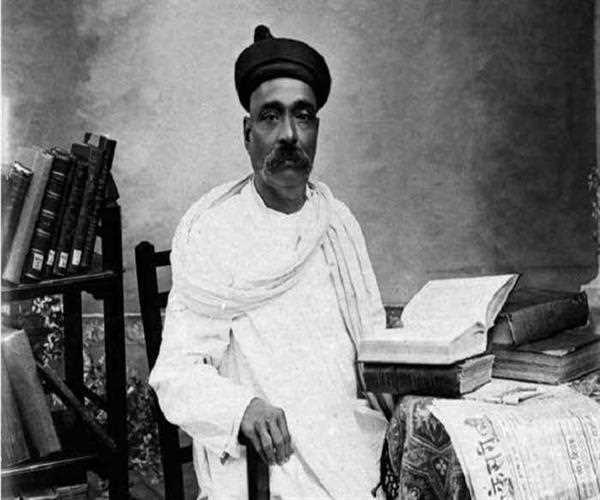*Bal Gangadhar Tilak*

Lokamanya, (conceived July 23, 1856, Ratnagiri [now in Maharashtra state], India—kicked the bucket August 1, 1920, Bombay [now Mumbai]), researcher, mathematician, logician, and vigorous patriot who helped establish the framework for India's freedom by building his own particular disobedience of British govern into a national development. He established (1914) and filled in as leader of the Indian Home Rule League. In 1916 he finished up the Lucknow Pact with Mohammed Ali Jinnah, which accommodated Hindu-Muslim solidarity in the patriot battle.
Early Life And Career :
Tilak was naturally introduced to a refined white collar class Brahman family. In spite of the fact that his origin was Bombay (Mumbai), he was brought up in a town along the Arabian Seacoast in what is currently Maharashtra state until the age of 10, when his father, a teacher and noted grammarian, accepted a position in Poona (now Pune). The youthful Tilak was taught at Deccan College in Poona, wherein 1876, he earned four-year college educations in arithmetic and Sanskrit. Tilak at that point considered the law, accepting his degree in 1879 from the University of Bombay (now Mumbai). By then, in any case, he chose to show arithmetic in a tuition-based school in Poona. The school turned into the reason for his political profession. He formed the foundation into a college school in the wake of establishing the Deccan Education Society (1884), which went for instructing the majority, particularly in the English dialect; he and his partners viewed English as a capable power for the dispersal of liberal and vote based standards.
The life individuals from the general public were relied upon to take after a perfect of magnanimous administration, however, when Tilak discovered that a few individuals were keeping outside profit for themselves, he surrendered. He at that point swung to the undertaking of enlivening the political cognizance of the general population through two week by week daily papers that he claimed and altered: Kesari ("The Lion"), distributed in Marathi, and The Mahratta, distributed in English. Through those daily papers, Tilak turned out to be broadly known for his severe reactions of British manage and of those direct patriots who supported social changes along Western lines and political changes along sacred lines. He believed that social change would just occupy vitality far from the political battle for autonomy.
Tilak tried to broaden the prominence of the patriot development (which around then was generally limited to the high societies) by presenting Hindu religious imagery and by conjuring mainstream conventions of the Maratha battle against Muslim run the show. He in this manner composed two imperative celebrations, Ganesh in 1893 and Shivaji in 1895.
Cheers!